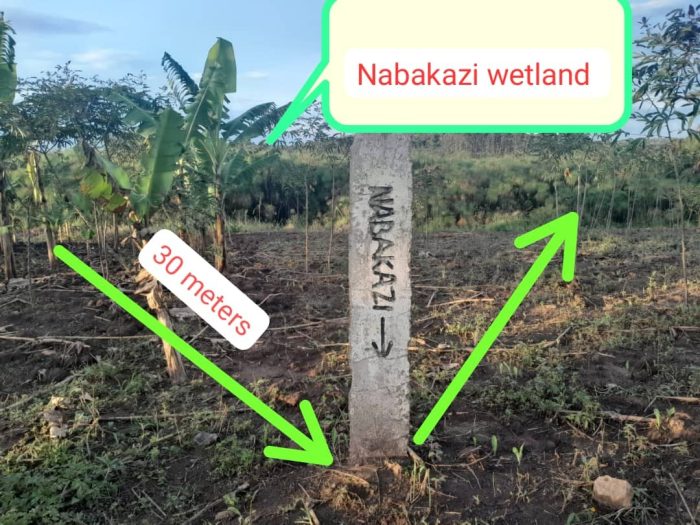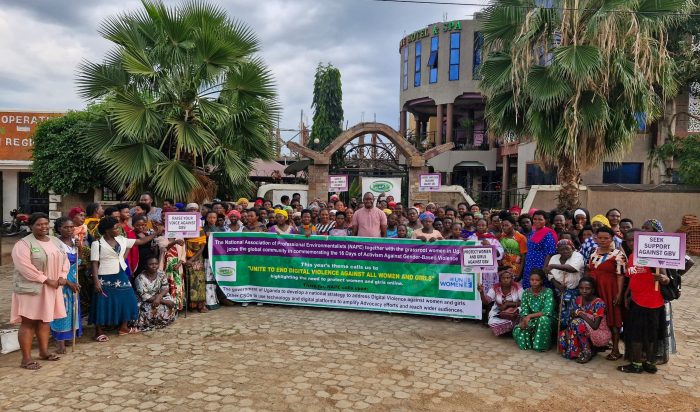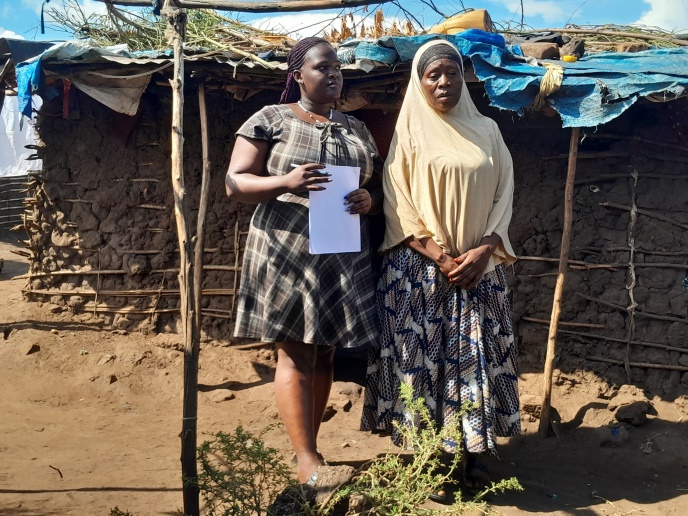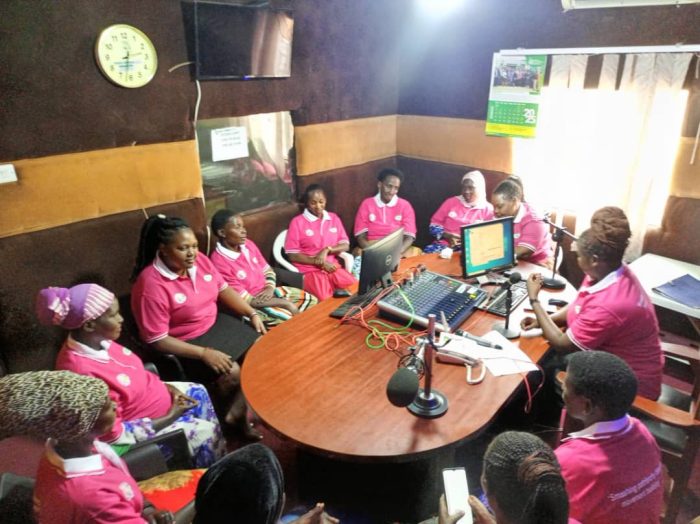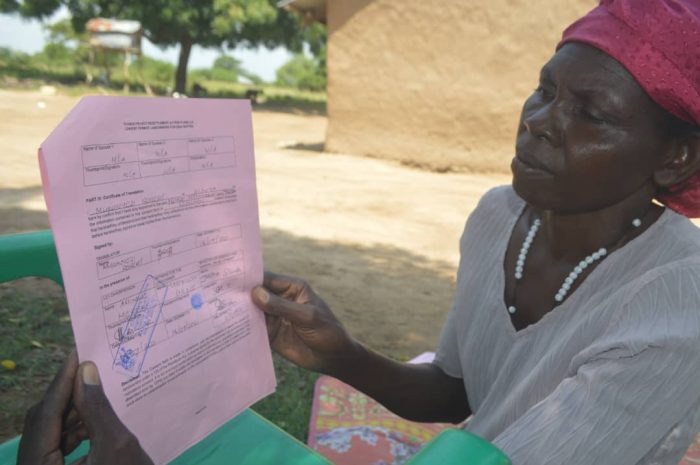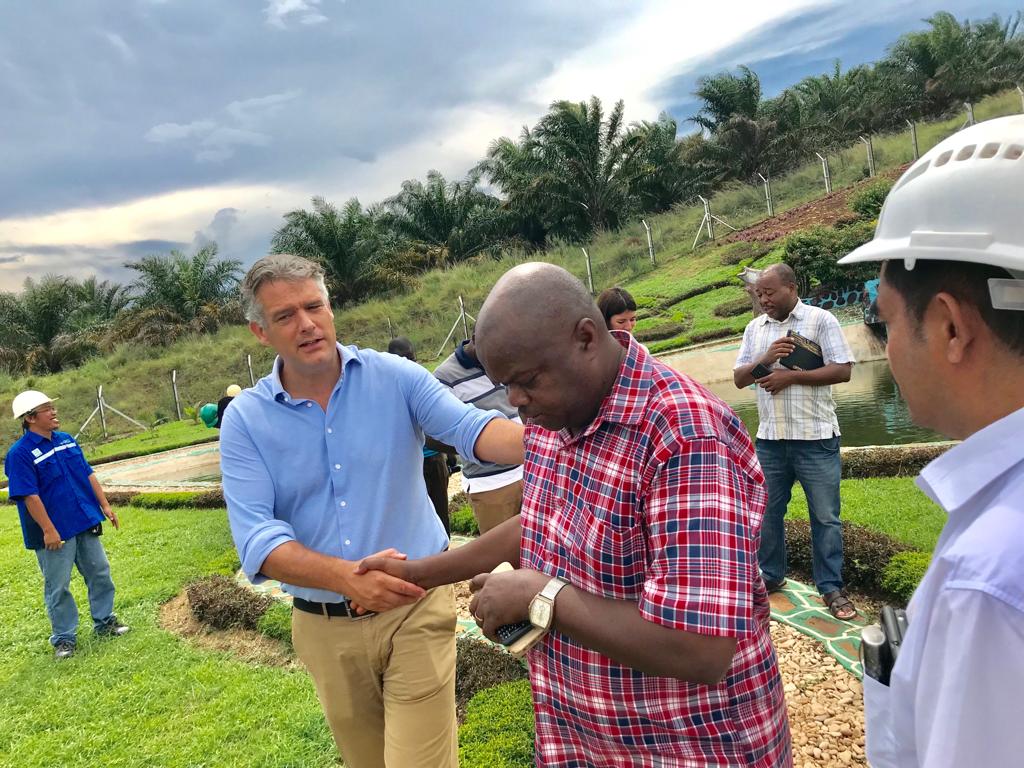
This sounds very good in ears of government, especially when the venture has to do with increase on the country’s GDP. But to biodiversity conservationists including NAPE, the move sends chilling shock-waves especially in this error of climate uncertainty. Large mono cultural establishments are associated with a host of short-comings ranging from social to ecological. Studies on impacts of Palm Oil on communities and the environment across the globe revel untold suffering of the host communities. The main issue around large-scale palm oil projects are its impact on the rural communities. Poorly land-laws and regulations to protect the communities worsens the bad situation leading to increased social and environmental injustices.
For the case of Uganda, communities in Kalangala and its environment were fisher folks previously, and they depended entirely on fishing for their livelihoods. With the introduction of palm oil growing, many households have been persuaded to switch from fishing and subsistence farming to growing palm oil trees. Small-holder farmers are encouraged to devote the largest portion of their farmland to palm oil gardens. This has resulted in shortage of food as households cannot grow enough food to feed their families.
To address food shortage in Kalangala, government has developed a policy on food, where every small-holder farmer is manded to reserve two acres of their land for growing food. We are yet to see if this will help to increase food production in the palm-oil growing areas of Kalangala. The stakeholder tour aimed to hear experiences of the communities on oil pal project to inform the plan for expansion of growing palm trees beyond Kalangala. The tour included representative from IFAD, Government of Uganda, representatives from the Dutch Embassy and OPUL.

